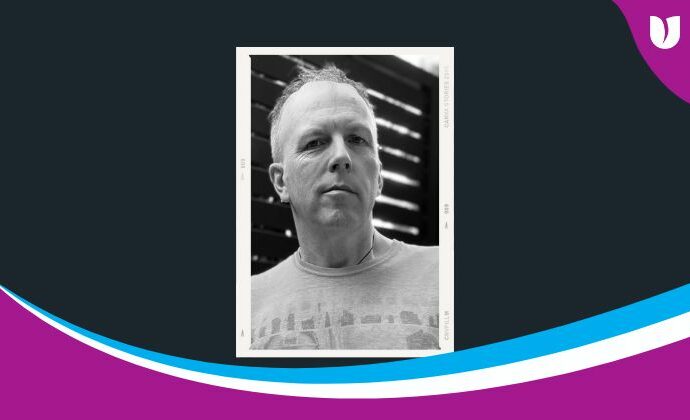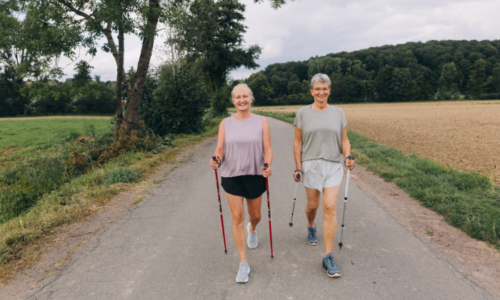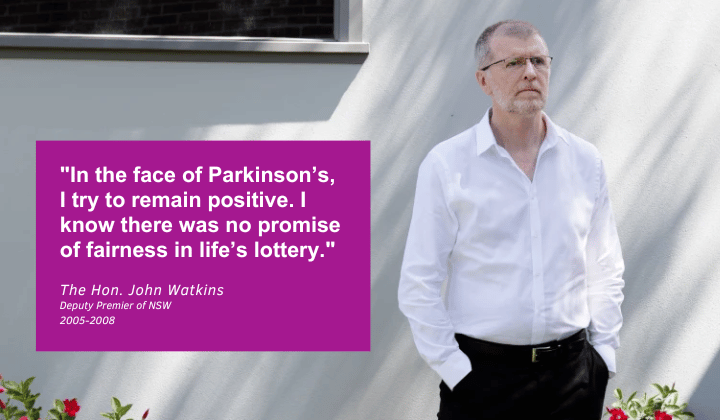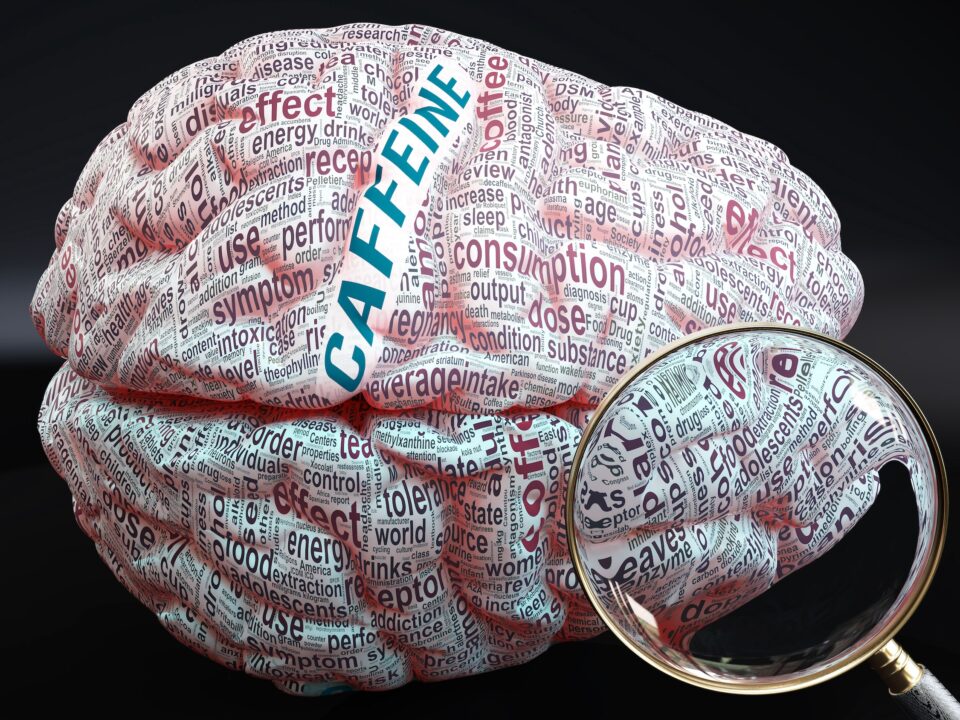Mark Chlad, 52, was born in Luton in England. He visited Australia for work several times before moving to Sydney with his then-wife, an Australian he met in London.
“I really liked Australia,” says Mark. “When I met an Australian girl, I had the opportunity to live in Sydney. We moved here in 2010 when she was pregnant with our first child.”
But while marriage, babies and moving to Australia were all life-changing events in Mark’s life, he had already faced one of the most unexpected challenges at just 30.
“One evening while I was out running in London my left foot began curling in on itself,” he recalls. “I stopped, and then put it down to using new trainers. Then other strange things started happening. My left arm went into a ‘sling’ position in the shower, but there was no sling. I went out with a mate and while we were having a few beers my pinkie finger started jumping around and I couldn’t make it stop.
“I had no idea what it was and went to an osteopath, and then a haematologist, thinking it was a problem with my bones or blood. I’d done a degree in chemistry, and I had quite a bit of medical knowledge, but I didn’t go searching online myself. I waited to be diagnosed and eventually had a DaTscan (dopamine transporter scan).
“I got the Parkinson’s diagnosis two weeks after my thirtieth birthday. I’d had a huge party at a great nightclub. Everything crashed around me, and it was really scary. I didn’t tell anyone except my sister at first; I didn’t tell my parents for three months. It was the loneliest I’ve ever felt in my life.”
Mark worked in the fast-paced world of pharmaceutical marketing, work which developed into managing the building of huge exhibition stands for pharmaceutical conferences around the world.
“I worked really hard and was flying around the world to set things up,” he says. “I’d had opportunities to work in all aspects of the business and was able to continue working. When I met my then-wife in 2008, I told her about my condition a couple of weeks into the relationship. We married but once we were expecting our first child it seemed like the right time to move to Australia.
“Unfortunately, it was then at the tail-end of the global financial crisis in Australia. It was terribly hard for me to get work. My wife already had work lined up, but I really struggled.
“I had to go to interviews and while I hadn’t developed the shakes, I did have problems with rigidity. I looked pretty normal, but my gait was impaired, and I stumbled quite easily on some surfaces. I had a wide range of skills and experience, but it slowly became a very dark time.
“Things became really difficult. My wife was working, and I was hallucinating terribly at night so sleep was really disrupted. The drugs I was taking made me think what I was experiencing was normal, but it was actually crazy hallucinations.”
Mark’s marriage ultimately didn’t survive the challenges of Parkinson’s. While the couple separated, he and his ex-wife have both focussed on their daughter’s best interests and Mark remains a very involved father.
By 2012 Mark had decided he was ready to have Deep Brain Stimulation and was eligible for the surgery.
“I was having trouble controlling my Parkinson’s with the available drugs,” says Mark.
The DBS gave him an opportunity to rebuild his life and he created a business producing PowerPoint presentations for clients.
“That went all right for a while, but I never stopped wanting to write,” he explains. “I’d had the opportunity to write material for the pharmaceutical companies I’d worked with in the UK because I had a science-based degree, and I’d enjoyed that.”
On New Year’s Eve 2019 Mark began to write about his own experiences. The ensuing pandemic provided plenty of writing time, and he published two books: Drivin’ Daughters and Parkinson’s and The Time Thief, under the nom-de-plume Marco Preshevski.
Drivin’ Daughters looks at how Parkinson’s crept into Mark’s life and how he had to make so many allowances for it.
“It’s really all about how I fit it into my life, not the other way around,” he says. The Time Thief is more about the challenges facing me as a younger-onset Parkinson’s person, so it talks more about work and goal setting and achieving. I’ve been told that both are excellent stories, and yes, all those things did happen.
“I’d like to get back into advertising and marketing now. I’d like to be able to use the skills I have. I’m also writing a third book.”
Mark exercises regularly and does push-ups, so is entering the Push-up Challenge in June to fundraise for mental health.
“I’m doing 130 to 150 each day at present,” he says. “Exercise is very important for Parkinson’s as well as for mental health, but I get annoyed when I hear people claiming it’s cured their Parkinson’s. The Parkinson’s has just stabilised, it hasn’t gone away.”
Mark is still managing on his own and has not signed up to the NDIS for support.
“I speak to one of the Parkinson’s nurses from time to time for support and advice,” he says. “But it can be quite lonely, it’s terribly difficult to meet people, especially as I have moved from my old friends in the UK.
“Most people my age are busy with work and family at this stage of their lives. But I’m happy that I have a beautiful daughter.”
Drivin’ Daughters and Parkinson’s and The Time Thief by Marco Preshevski can be ordered through Booktopia and Amazon, or through all good bookshops.









